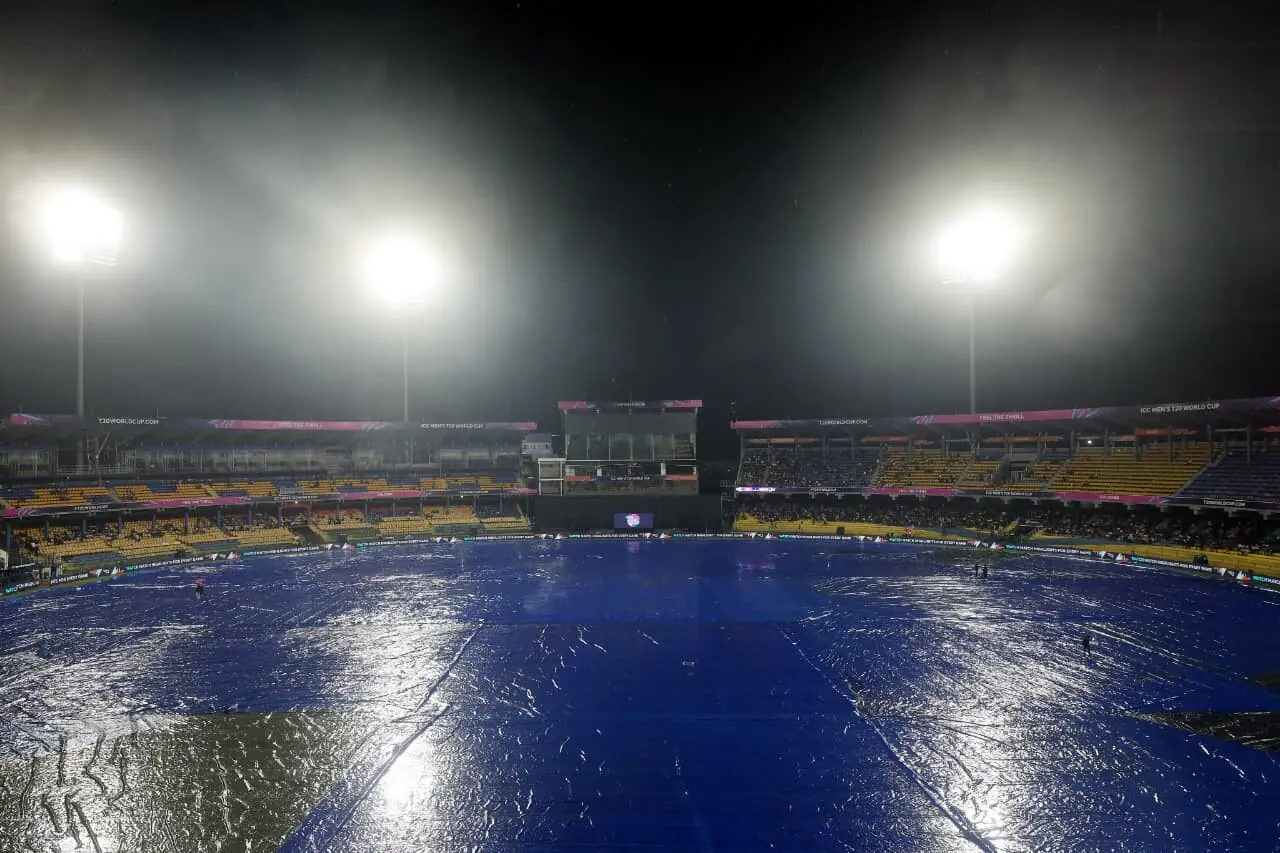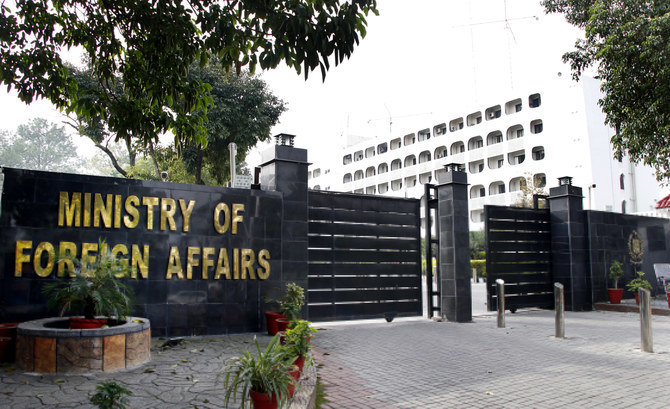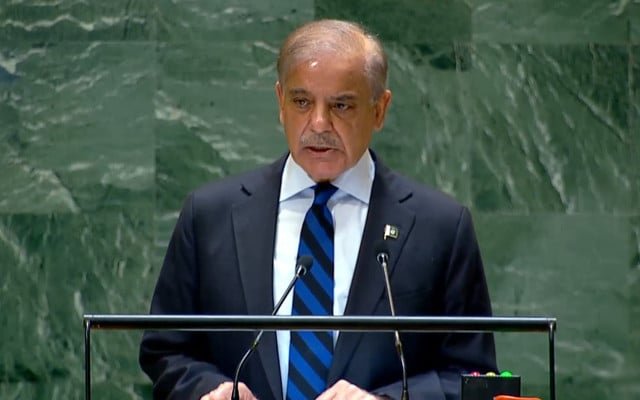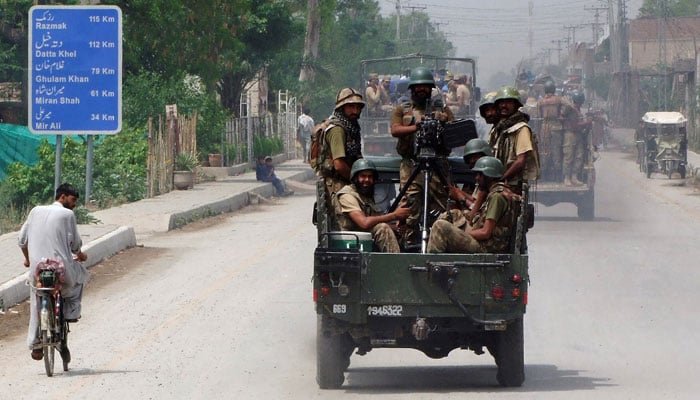The International Monetary Fund (IMF) has confirmed that its key meeting to decide on Pakistan’s bailout funding will go ahead as planned on May 9, 2025, despite rising tensions in South Asia.
This meeting will focus on two important financial packages: the first review of Pakistan’s current $7 billion bailout deal and a new $1.3 billion loan under the IMF’s climate resilience programme.
“There’s no change in the schedule,” said Mahir Binici, the IMF’s representative in Pakistan, dismissing speculation after a report suggested the meeting might be delayed due to political pressure from India.
The confirmation comes just days after a deadly attack in Indian-administered Jammu and Kashmir left 26 tourists dead. The fallout has sharply escalated tensions between India and Pakistan, two nuclear-armed neighbors with a long history of conflict. India has accused Pakistan of being behind the attack—an allegation Islamabad strongly denies, calling instead for an independent investigation.
In response, both countries have suspended key agreements and even closed their airspace to each other’s airlines, raising fears of a deeper conflict.
Despite the geopolitical tensions, the IMF says its board will meet as scheduled on Friday to discuss Pakistan’s funding needs. If approved, the country would receive $1 billion as part of the current bailout and an additional $1.3 billion under the new climate-related loan programme.
These funds are crucial for Pakistan’s struggling $350 billion economy, which has faced severe financial challenges in recent years. The government has credited the IMF support with helping it avoid a default and bring some economic stability.
The new $1.3 billion loan, part of the Resilience and Sustainability Facility (RSF), is aimed at helping Pakistan prepare for and respond to climate-related risks over the next 28 months.
With the IMF board’s approval, Pakistan stands to unlock a total of $2.3 billion—funding that could provide much-needed breathing room for the country’s finances amid global uncertainty and regional unrest.
















